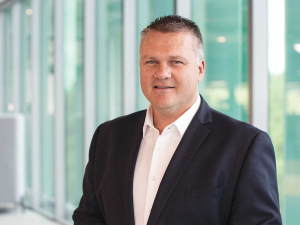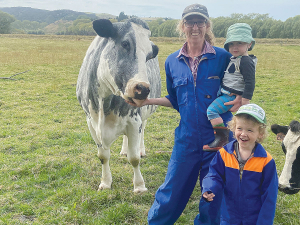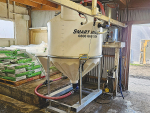Massey vice-chancellor Steve Maharey says a productive and environmentally sustainable agricultural system is vital to the nation’s economic wellbeing.
“Massey has an ambitious strategy to inspire change in New Zealand and take what is special about our country to the world. Massey continues to be at the forefront in defining sustainable practices.
‘There is a global discussion about the impact of agriculture on the environment and Massey is ideally placed to lead the debate. Massey’s research and teaching programmes play an integral part in stimulating thought leadership and generating evidence-based solutions to on-going challenges.”
Pro vice-chancellor Robert Anderson has led the changes to the college., saying the future of science and technology will increasingly, but not exclusively, be driven by interdisciplinary teams addressing real-life problems.
“We have made the changes to build critical mass in defined areas that constitute the signature of science and technology at Massey University,” Professor Anderson says. “Furthermore, having strong intellectual teams in key priority areas is essential to research and the learning experience we provide for the future.”
Professor Peter Kemp, head of the new Institute of Agriculture and Environment, says it will provide education, science, technology and advice to the primary industries – including pastoral agriculture, crops, horticulture and forestry – and for the management and conservation of New Zealand’s ecosystems.
“We have more than 100 staff working on a diverse range of projects within the institute, with other staff across the university and with leading groups internationally,” Kemp says. “Our links to industry and conservation in New Zealand and offshore inform our teaching programmes.”
The changes in the college of sciences are complemented by other initiatives at the university including setting up a college of health and a new institute of education in the college of humanities and social sciences.














